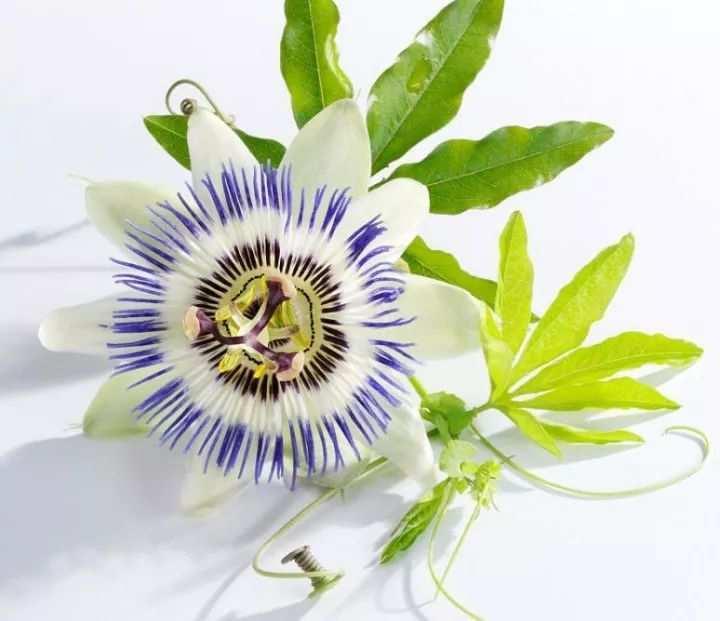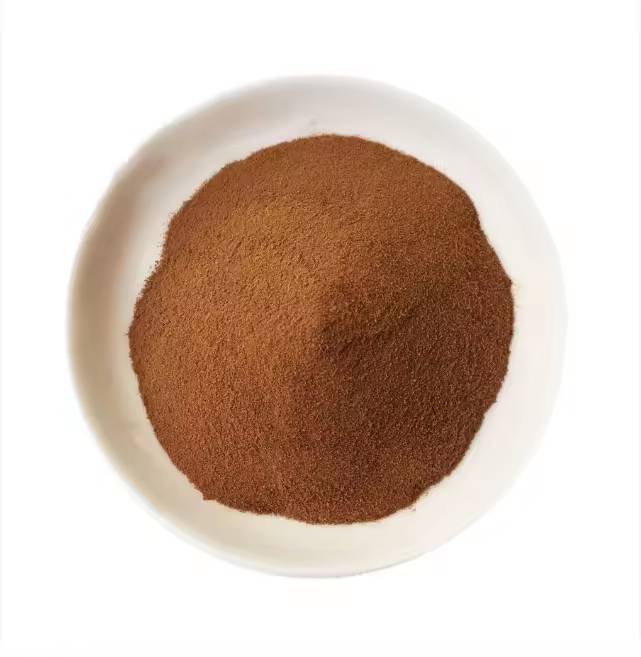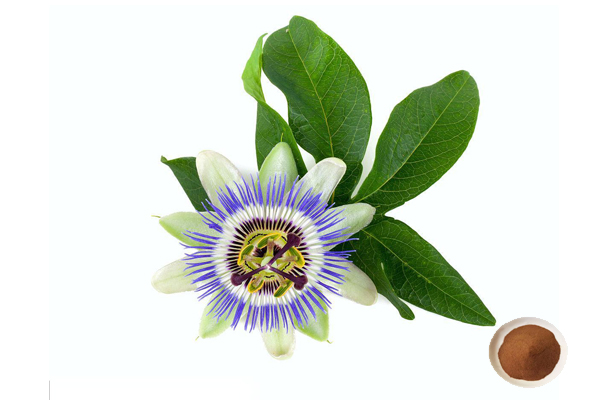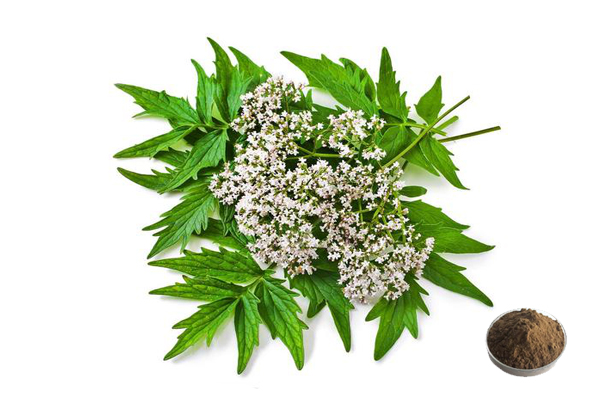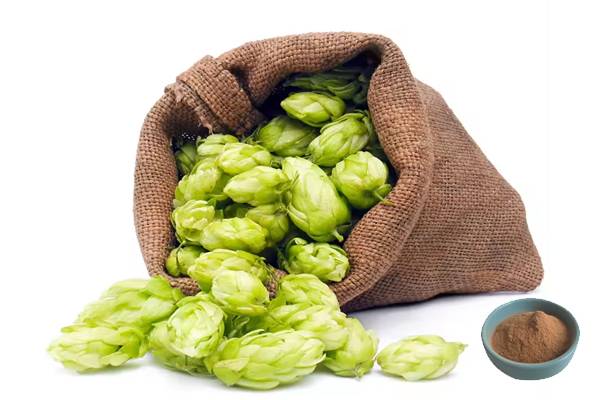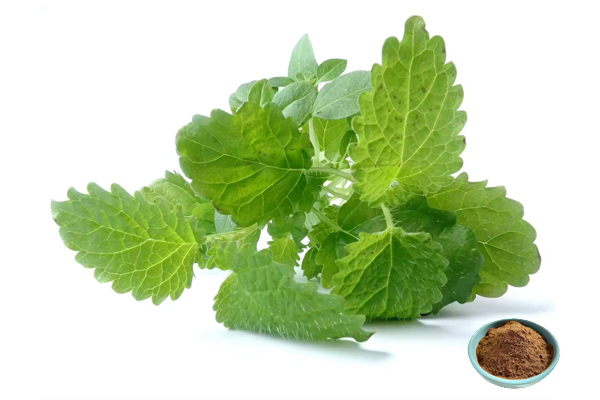Passionflower extrait 5% flavonoïdes
Source: herbe entière de Passionflower
Nom Latin :Passiflora Incarnata L.
Ingrédients actifs: flavonoïdes
Dosage :5%
Méthode d’essai :UV
Apparence: brun jaune poudre Fine
Résidu de Pesticide: conforme à la norme (ce) No 396/2005
- Description Description
- Fiche technique
- Certificat de formation
-
Qu’est-ce que l’extrait de Passionflower?
L’extrait de passifleur est un ingrédient actif en poudre brun clair extrait de l’herbe entière de Passiflora incarnata L......., de la famille des Passifloraceae. Comme les flavonoïdes, qui contiennent de l’apigénine et des lignans, qui sont les principaux phytoconstituants de l’anti-anxiété. Ces composés interagissent avec les récepteurs du cerveau humain, tels que les récepteurs GABA, qui sont impliqués dans la fonction de régulation de l’anxiété et favorisent la relaxation. En outre, d’autres composés présents dans la passiflore, tels que les alcaloïdes de hamala et le maltol, contribuent également aux effets thérapeutiques.
La technologie Green Spring fournit l’extrait de fleur de passiflore 5% de réduction de flavonoïdes, qui est stable, a une bonne solubilité, est clair et transparent après dissolution dans l’eau, n’a pas de précipitation et maintient le goût et la couleur d’origine de la matière première. Le produit a passé le test d’identification et les métaux lourds, les résidus de solvants, les microbiens et les hap sont conformes aux normes européennes.
Fondée en 2000, Green Spring est une société de biotechnologie leader en Chine. Green Spring a un système de gestion de la qualité systématique et organise la production selon les normes ISO, HACCP et autres normes de qualité. Avec un laboratoire d’essai indépendant et des instruments d’essai avancés, le printemps vert a établi un système parfait de traçabilité. Les produits sont tous conformes aux normes internationales les plus élevées de l’industrie, conformes aux normes ue EC396, ue 2023/915 et aux normes les plus élevées en matière de résidus de solvants.
Spécification:
Nom du produit
Extrait de fleur de passionné
Nom Latin
Passiflora Incarnata L.
Source:
Passionflower herbe entière
Ingrédients actifs
Les flavonoïdes
spécification
5%
Méthode d’essai
UV
apparence
Brun jaune poudre Fine
Résidus de pesticides
Conforme à la norme (ce) n ° 396/2005
Règlement:
Il est conforme à la réglementation de l’ue.
Learn More About Our Comprehensive Standardized Passionflower Extract Solution.
Vous cherchez un devis?Benefits:
Helps with Sleep
Passionflower extract has neuroleptic properties, including mild sedative and anxiolytic effects. In tests conducted in the 1930s, its mode of action is different from that of most sedatives (sleeping pills), making it a non-additive class of herb that promotes relaxation. Passionflower extract shortens sleep latency and prolongs the duration of slow-wave sleep (SWS), suggesting that the plant has hypnotic properties or may be used in the treatment of insomniacs who have difficulty falling asleep.
Passionflower's sedative effects have made it popular in the treatment of a wide range of disorders including nervousness and insomnia. Research indicates that it has a complex effect on the central nervous system (CNS), which may account for its overall neuroleptic effects. Scientific studies have shown that passionflower extract is rich in vitexin. Vitexin is an apigenin flavonoid glycoside that has a variety of pharmacological effects, including antioxidant, pain-relieving, neuroprotective, and sedative effects.
Anxiety Relief
A randomized, double-blind study published in the Journal of Clinical Pharmacy and Therapeutics has shown that passionflower extract is as effective as common anti-anxiety medications in reducing anxiety symptoms. In addition, GABA is a neurotransmitter known for its calming properties, and passionflower extract is relatively high in GABA. Passionflower extract has been shown to enhance the effects of GABA, which is evident in the contribution it can make to anxiety relief.
Antispasmodic
Passionflower extract has an antispasmodic effect on smooth muscles in the body, including the digestive system. In animal experiments, researchers have found that the plant slows down the passage of food through the digestive tract, thus facilitating digestion.
Sedative
Passionflower likewise has an anti-spasmodic effect on smooth muscles in the body, which includes the digestive system. In animal studies, researchers have found that the plant slows the passage of food through the digestive tract, thereby facilitating digestion. Several controlled studies have confirmed the sedative effects of passionflower on the central nervous system. It helps to reduce general anxiety and worry before anaesthesia, dental treatment, and surgery. In a controlled clinical trial at the University of Tehran, Iran, passionflower extract was shown to be as effective as the sedative benzodiazepines in the treatment of generalized anxiety disorder.
Applications:
For Healthcare Products:
Passionflower extract has neuroleptic properties, including mild sedative and anxiolytic effects. In tests conducted in the 1930s, its mode of action was found to be different from that of most sedatives (sleeping pills), making it a non-additive herb that promotes relaxation. Passionflower's sedative effects have made it popular in the treatment of a wide range of disorders including nervousness and insomnia. Studies point to passionflower's complex effects on the central nervous system (CNS), which may account for its overall neuroleptic effects.
Passionflower has a long history of medicinal use, with medicinal values originating with the Indians of the Americas, where it was commonly used to treat insomnia, anxiety and epilepsy. It later spread to Europe and around the world and has been used for a variety of conditions such as anxiety, insomnia, hysteria, neurasthenia, as well as inflammation, cramps, diarrhoea, dysmenorrhoea and neuralgia. Passionflower is currently included in the national pharmacopoeias of the United Kingdom, France, Germany, and Switzerland, and is described in the British Herbal Pharmacopoeia and Compendium of British Herbal Medicines, ESCOP, EMA, the German Homoeopathic Pharmacopoeia, and the American Homoeopathic Pharmacopoeia.
-
Get Your Free COA
-
Télécharger le document
Cosmos Green Spring Technology
Télécharger le documentHalal Green Spring Technology
Télécharger le documentKosher Green Spring Technology


 Anglais
Anglais français
français espagnol
espagnol russe
russe coréen
coréen japonais
japonais



